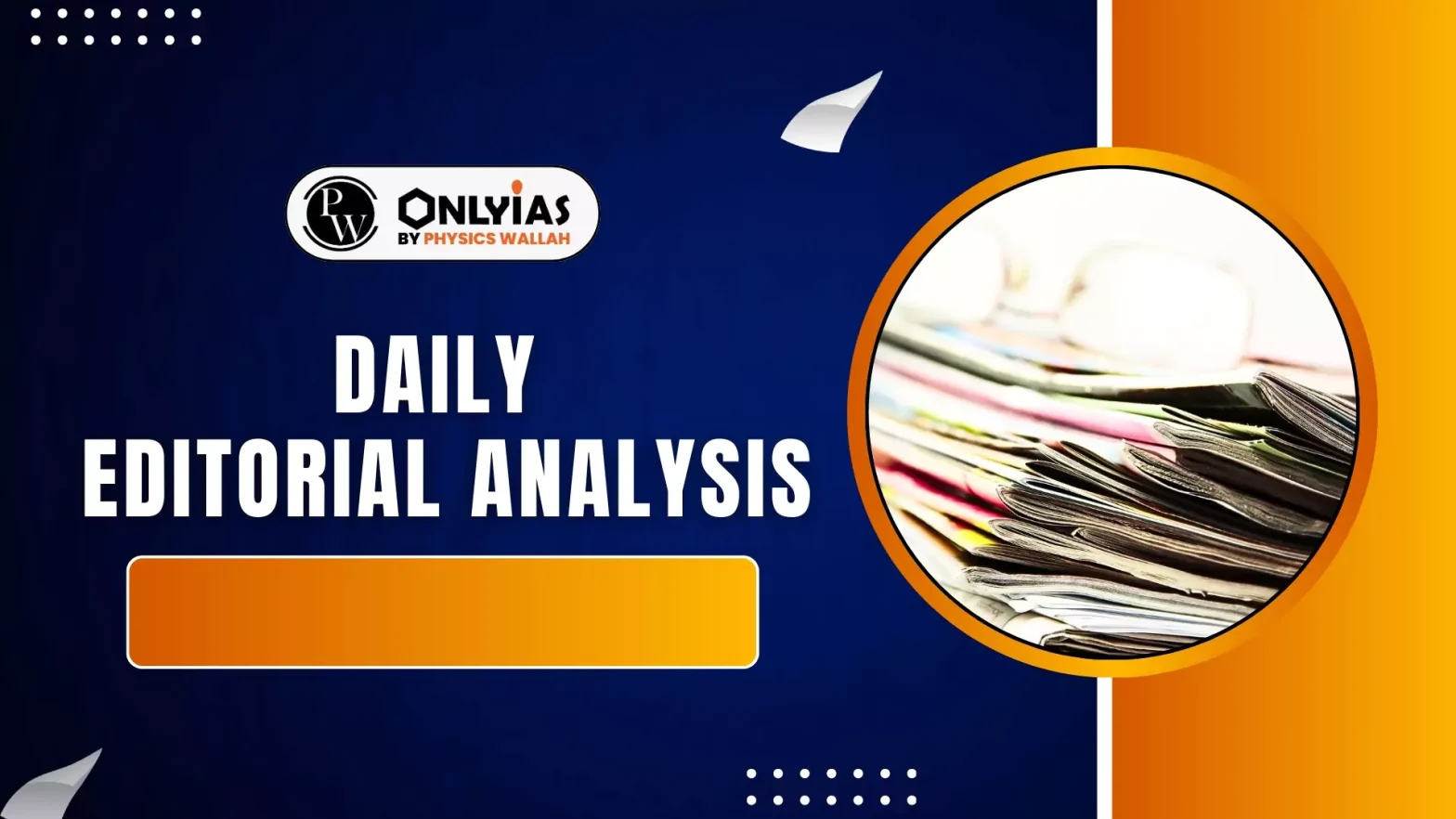The idea that “ecology is the permanent economy” is not just a slogan but a vital principle. It reminds us that human well-being and prosperity are inseparable from ecological balance and health.
The Core Message: Ecology as Economy
- Coined by Sunderlal Bahuguna: The phrase “Ecology is the World’s Permanent Economy” underscores the interdependence of human prosperity and ecological health.
- Economy Depends on Ecology: Economic growth is impossible without either exploiting or conserving natural resources.
- Growing Urgency: The message becomes increasingly critical due to escalating issues like climate change and biodiversity loss.
Understanding Nature and Sustainability
- Scientific Understanding: Knowledge of nature’s systems aids in addressing environmental crises.
- Ecological Stability: Long-term survival and development depend on the balance of ecological systems.
- Sustainability: True sustainability involves protecting the environment while also promoting economic development.
Human Disconnection from Nature
- Increasing Disconnect: Over time, human civilization has drifted further from its connection to nature.
- Consequences for Biodiversity: This disconnection is a significant driver of biodiversity loss, as emphasized by the IPBES Transformative Change report.
- Exploitation on a Global Scale: Unlike other species, humans exploit resources on a global and anticipatory scale.
From Local Use to Global Competition
- Early Resource Use: Early humans primarily used resources for survival on a local scale.
- Expansion of Demand: As societies grew, resource demand expanded from local to national, and eventually to global levels.
- Environmental Exploitation: This transition led to large-scale environmental exploitation, which is unparalleled in the natural world.
Modern Challenges and Paradoxes
- Amplifying Climate Change: Human activities are intensifying climate change and putting ecosystems under pressure.
- Nature-Based Solutions: Efforts are being made to:
- Restore biodiversity
- Combat climate change
- Promote sustainability
- Paradox of Exploitation and Dependence: The paradox is that humans continue to exploit nature while simultaneously relying on it for survival, leading to deeper ecological imbalances.
A Shift in Perspective
- Ecology as the Foundation of Economy: Rather than just understanding ecological systems, humans must recognize ecology as the foundation of economic well-being.
- Moving Toward Stewardship: The shift should focus on long-term stewardship rather than short-term exploitation.
- Ecological Health and Growth: Ecological health must be recognized as crucial for survival, not as a hindrance to economic growth.
The Urgent Need to Reconnect with Nature
- Alarming Rate of Change: While climate change and biodiversity loss are not new issues, the rate of change has become increasingly alarming.
- Irreversible Damage: Past unsustainable practices have caused irreversible environmental harm.
- Lifestyle Shift: A personal and collective lifestyle change is essential to address the current environmental crises.
Emotional Reconnection for Conservation
- Humans’ Unique Emotional Capacity: Humans possess a unique ability to reconnect with nature on an emotional level.
- Conservation Through Emotion: Conservation efforts should engage this emotional bond, not just rely on scientific understanding.
- Ecology as the Permanent Economy: Recognizing that ecology is the permanent economy is essential for sustained global conservation efforts.
Conclusion
Recognising ecology as the core of the economy reframes our environmental approach. Only through emotional reconnection, personal responsibility, and long-term vision can humanity secure a truly sustainable future amid the ongoing climate crisis.
![]() 14 May 2025
14 May 2025
